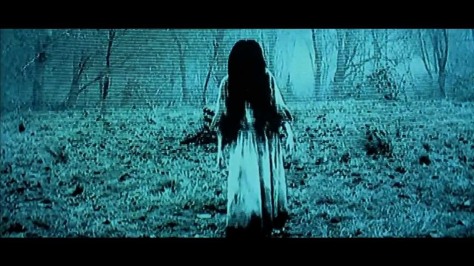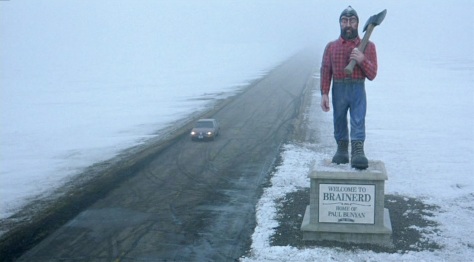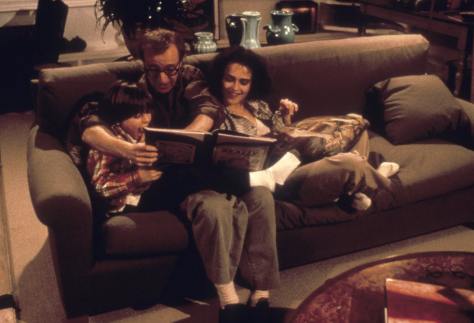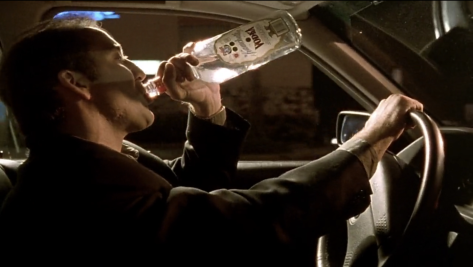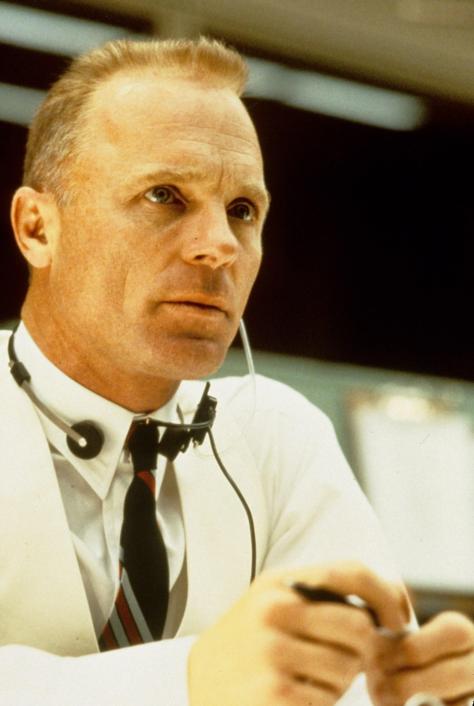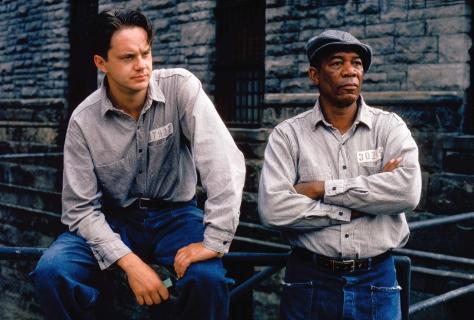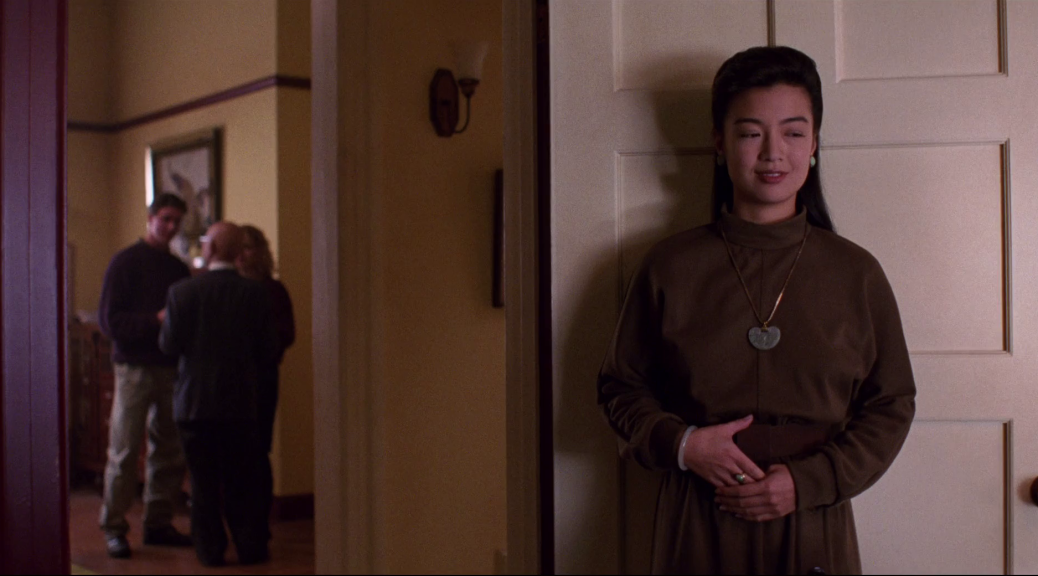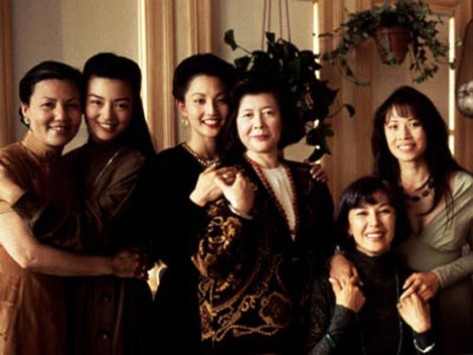This 69 minute Christopher Nolan film, his first, shot on 16mm film was an intense whirl-wind of deception and triple-crossing. The style of film provided the dark intensity that the plot required, when in actuality it was simply used because Nolan’s small budget couldn’t afford materials of higher quality.
I was completely captivated through this whole movie, much to my surprise. Not that I wasn’t fully invested in the movie-watching experience of Inception or the Batman films, but especially today I wasn’t quite prepared for what this film entailed.
Following is about a struggling writer, credited as “The Young Man” who takes to following strangers in search of inspiration for his first novel. His harmless act backfires as he is confronted by one of his subjects, known as Cobb. Cobb introduces The Young Man to his expertise with serial burglary. The film is about the deception within their relationship, his experiences with a woman who is far more involved with Cobb and the rest of the small time gangsters of London than The Young Man could ever have guessed.
The film ends with every crime being pinned on The Young Man, and Cobb vanishing into the crowded streets of London. As the credits rolled, I exhaled for probably the first time in all 69 minutes. I enjoyed it, I tend to like films that provoke thought regarding the past and future. The film carries with it a paranoia that sits patiently on the shoulders of our protagonist, just waiting for the follower to walk himself into the role of the victim. You ache with his helplessness and you plead with his desperation. Maybe it was the 16mm, maybe it was the incredible performance of Jeremy Theobald. Or perhaps this film is an incredible vehicle that holds the first talent of Chris Nolan, his imagination is just killer to me… he’s kind of a smorgasbord of Hitchcock, Howard Hawkes, and Charles Vidor.


